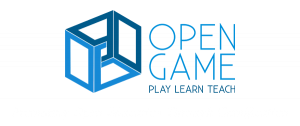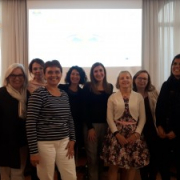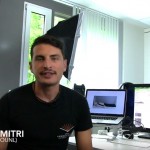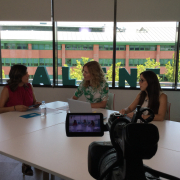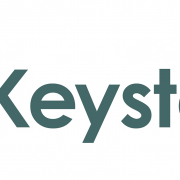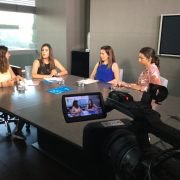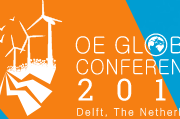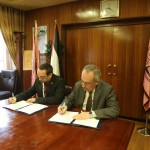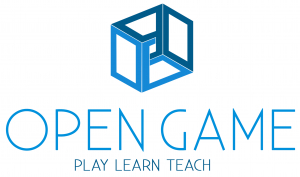Final Project Partners’ Meeting of the European Project Virtual Tours for Business Culture
The final meeting of Virtual Tours project, hosted by University of Padova, was held on October 4th and 5th, 2018, in Padova. During the meeting, the partners analysed the obtained results, laid the foundations for the sustainability and exploitation plan, and defined the tasks to be done for the final reporting.
Virtual Tours is a project financed by the Programme Erasmus+ of the European Commission. Having a duration of two years, it started on November 2016 and finished on October 2018. It counts with seven partners coming from Italy, Spain, Finland and Macedonia. The project aims at increasing and improving opportunities of dialogue between university, students and enterprises, through a training course delivered by a virtual platform developed by UNIR.
The course is addressed mainly to recent graduates in the moment of the transition from the university to the labour market, providing a deeper understanding of the main features of the business culture. It has been implemented in five different languages (English, Italian, Finnish and Macedonian), and has been done in a piloting phase by students from four different European universities, including UNIR.
In the frame of the project, the partners have also organized several virtual sessions in different leading companies from the five participant countries. These sessions consist on online events where the company managers introduce the organisation and processes of their organisation, and answer to questions from the attendees in real time. UNIR has organized two of these sessions, in Telefonica and Adecco Group.
The project has helped the students and recent graduates to acquire competences to facilitate the transition moment from education to the labour market, and as a result, to improve their employability. The companies, apart from their contribution to the project, have obtained a major knowledge of the role they can play to improve the students’ competences, which has permitted an enhanced dialogue with the world of education and attracting appropriate candidates.
